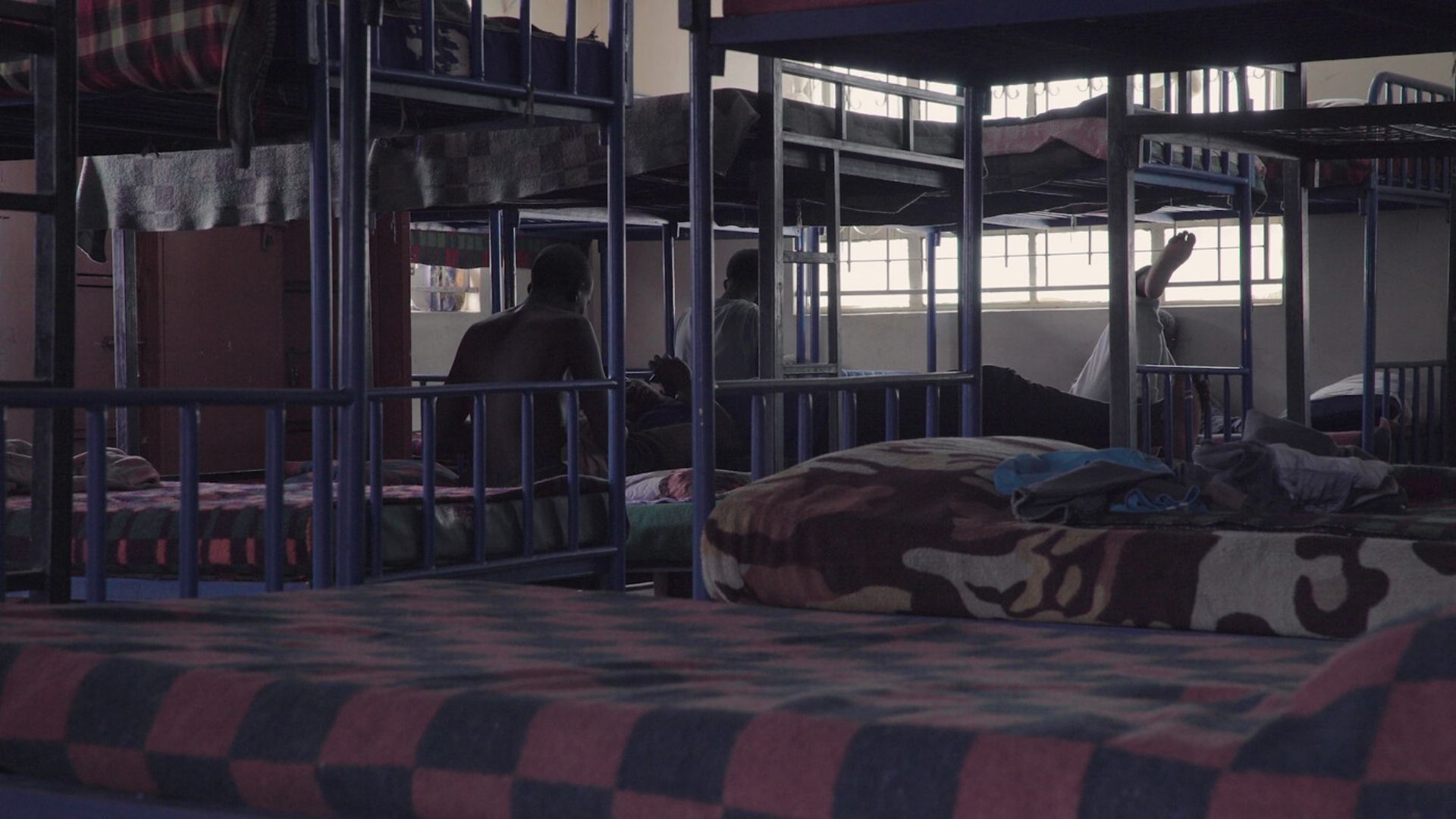Read below to learn about the different ways that orphanages harm children – and what we mean when we say ‘orphanage’ or ‘institution’.
What do we mean by ‘institution’?
We use the word ‘institution’ a lot. But what do we actually mean?
When referring to children, the word ‘institution’ covers a range of facilities. These may be called different things in different contexts: ‘orphanages’, ‘child care centres’, ‘baby homes’, ‘children’s homes’, ‘rescue centres’, etc.
According to agreed international definitions, an institution is any residential setting where children and young people are subjected to an ‘institutional culture’. This is characterised by features such as depersonalisation, rigidity of routine, lack of individual support or personal treatment. In institutions, care lacks consistency, permanency and continuity. Children in institutions are often excluded from the wider community, with limited contact with birth families or care givers. Many children in institutions have very little knowledge of their own cultural heritage and traditions.
80% of children in institutions are not ‘orphans’ . They are placed in these facilities as a result of factors such as poverty, disability, marginalisation, migration, trafficking, lack of access to health, education or family support services.
The harm of institutions
The consequences of living in an orphanage are devastating. Over 80 years of research from across the world has demonstrated the significant harm caused to children in institutions – and the vital importance of family in children’s lives.
Neglect and abuse
Evidence shows that the delivery of care and protection in an orphanage is inadequate. Children require individualised care and attention – which they cannot receive in an institutional setting. Neglect is a feature of the system, putting children at increased risk of emotional, physical, and sexual abuse.
“The use of physical restraints, isolation and solitary confinement occur in some institutions… in some instances amounting to torture.”
The UN Global Study on Children Deprived of Liberty
Physical and psychological harm
A long-term study, The Bucharest Early Intervention Project, examines the effects of early institutionalisation on brain and behaviour development. The results are stark. Children who grow up in institutions show cognitive and developmental delays, as well as decreased brain activity and a greatly elevated incidence of psychiatric disorders. Children under the age of three are particularly vulnerable to the effects of institutionalisation. Depending upon how long they spend in an institution, the consequences can last a lifetime.
“I walked into an institution in Bucharest one afternoon, and there was a small child standing there sobbing. He was heartbroken and had wet his pants. I asked, ‘What’s going on with that child?’ A worker said, ‘Well, his mother abandoned him this morning and he’s been like that all day.’ That was it. No one comforted the little boy or picked him up. That was my introduction.”
Prof. Charles A. Nelson III, Lead researcher for the Bucharest Early Intervention Project
Social Isolation
Institutions fail to support strong and meaningful relationships between children, their parents and siblings, and the wider family. Groups of siblings are often split up and assigned to separate units, or even to different institutions far away from one another. While most children in institutional care are not orphans, they nonetheless have very little or no connections with their communities and very little knowledge of their cultural heritage, traditions and values
Often, children’s entire lives are spent within the institution. Consequently, they tend to be stigmatised and perceived as ‘different’, which in turn leads to further social isolation.
“Children [are] being confined and cut off from communities, having limited or no contact with their families, often placed far away from where they live.“
The UN Global Study on Children Deprived of Liberty
Systemic Impact
The very existence of orphanages creates a ‘pull effect’ offering local authorities and professionals an easy option for dealing with children and families in crisis. In some contexts, institutionalisation is wrongly perceived as being the safest option – for example, for children with additional needs or children living with disability. Parents lacking information, counselling and access to medical and support services will often turn to institutions as their only available option. Similarly, it is not uncommon for one child from a family to be sent to an orphanage so they can access education.
Voluntourism and the ‘orphanage economy’
Children in orphanages are often exploited as ‘attractions’ for tourists and volunteers. This creates a profit motive for unscrupulous orphanage managers – and drives an ‘orphanage economy’.
Many people who volunteer in orphanages are well-intentioned. However, this kind of ‘voluntourism’ is extremely harmful. As well as encouraging child trafficking (to feed the requirement for more ‘orphans’), it perpetuates orphanages. It also creates attachment problems in children who become close to short-term visitors and exposes children to abuse where child protection regulations are lax.
